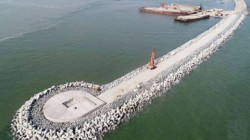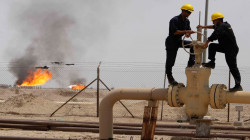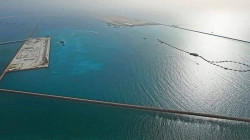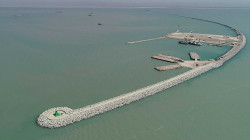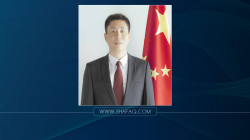Troubled Waters: Iraqi fishermen face profound hazards in maritime trade
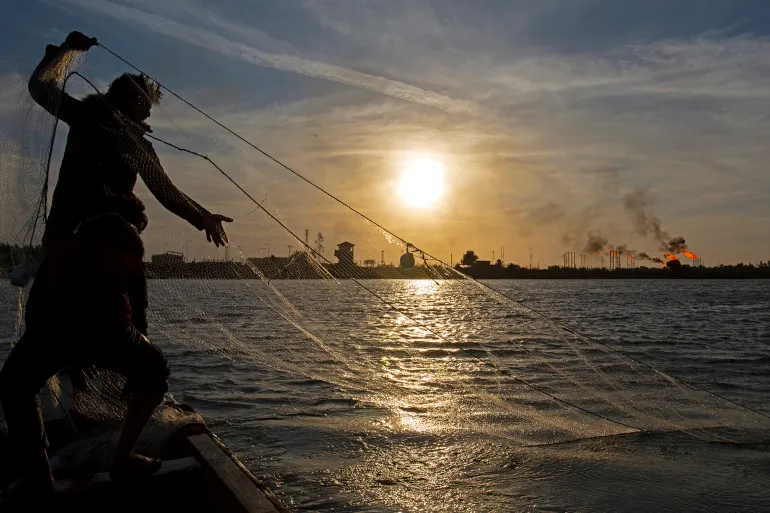
Shafaq News / The perilous challenges confronting Iraqi fishermen within their maritime trade have reached a critical point, casting a shadow over their profession and aspirations. Instances of strife involving both Kuwaiti and Iranian counterparts have gravely disheartened these seafarers, leaving a stark reminder of the risks they endure.
Ali, a seasoned fisherman hailing from al-Faw, expressed to Shafaq News Agency, "The once serene work of our fishermen at sea has now become a treacherous endeavor, vulnerable to incessant attacks in our regional waters. What is disheartening is the absence of any effective deterrent against these assaults." He went on to emphasize, "These incidents of aggression have escalated alarmingly over the course of the past five years, amplifying our vulnerability."
The detrimental impact of these attacks resonates with distressing clarity. Ali recounted the unfortunate fate of numerous vessels that fell victim to sabotage and destruction, particularly from the Kuwaiti side. These maritime disruptions often transpire without any subsequent compensation. The plight of one vessel, the renowned al-Bashir ship, which had the capacity to accommodate 14 fishermen simultaneously, stands as a poignant example. Equally concerning are the cases of fishermen languishing in Kuwaiti jails for over a decade, with their predicament largely unaddressed.
Badran al-Tamimi, at the helm of the Nasr Association dedicated to fishermen's welfare in Basra, shared, "On a daily basis, we encounter an onslaught of attacks from both Kuwaiti and Iranian quarters. This unremitting barrage has taken a profound toll on our fishermen's productivity. A stark shift is evident: from a fleet of 1,600 fishing boats operating at sea, we now find ourselves restricted to a mere 150 boats." He stressed that this drastic reduction is the result of hundreds of fishermen opting out due to persistent humiliation endured from Kuwaiti and Iranian coast guards.
The intensity of these attacks is particularly pronounced within the Khawr Abd Allah region, situated within Iraqi territorial waters. Al-Tamimi lamented the limited authority of the Iraqi coast guard in confronting these challenges, rendering the fishermen largely unprotected against aggressions from neighboring nations.
Moreover, he shed light on the complex role of private corporations with vested interests in the oil sector. These entities appear to prioritize economic interests over the well-being of fishermen, disregarding their hardships.
"The aftermath of these attacks is a landscape of shattered livelihoods for thousands of families. Regrettably, compensation remains an elusive notion. Once bustling daily auctions, spanning from 3 AM to 11 AM, and later from 4 PM to 11 PM, have dwindled to a mere two-hour window per day."
Al-Tamimi emphasized the relentless efforts of the Nasr Association, having engaged with multiple governments to raise awareness about the plight of Iraqi fishermen in regional waters. However, despite these endeavors, substantive action to restore the dignity of Iraqi citizens remains pending.
Abbas al-Rikabi, Head of the Fish Department at the Basra Directorate of Agriculture, provided a glimmer of hope. He revealed recent developments, "While marine fishing generally remains unburdened by significant challenges, sporadic attacks by Kuwaiti and Iranian coast guards continue to plague our fishermen."
He pointed to a recent agreement signed by Iraq and Kuwait, facilitated by Prime Minister Mohammed Shia al-Sudani and the Kuwaiti Foreign Minister, as a step forward. This accord defines joint fishing areas where Iraqi fishermen will be shielded from future attacks, potentially heralding a positive shift in their working conditions.
Al-Rikabi concluded by affirming the current stability of fish quantities and exports. He assured that Basra's continuous supply of fish, exported daily to other Iraqi governorates' local markets, remains unaffected. As discussions evolve and agreements solidify, Iraqi fishermen await the realization of tangible improvements to their trade, heralding a future with fewer perils and enhanced prospects.
